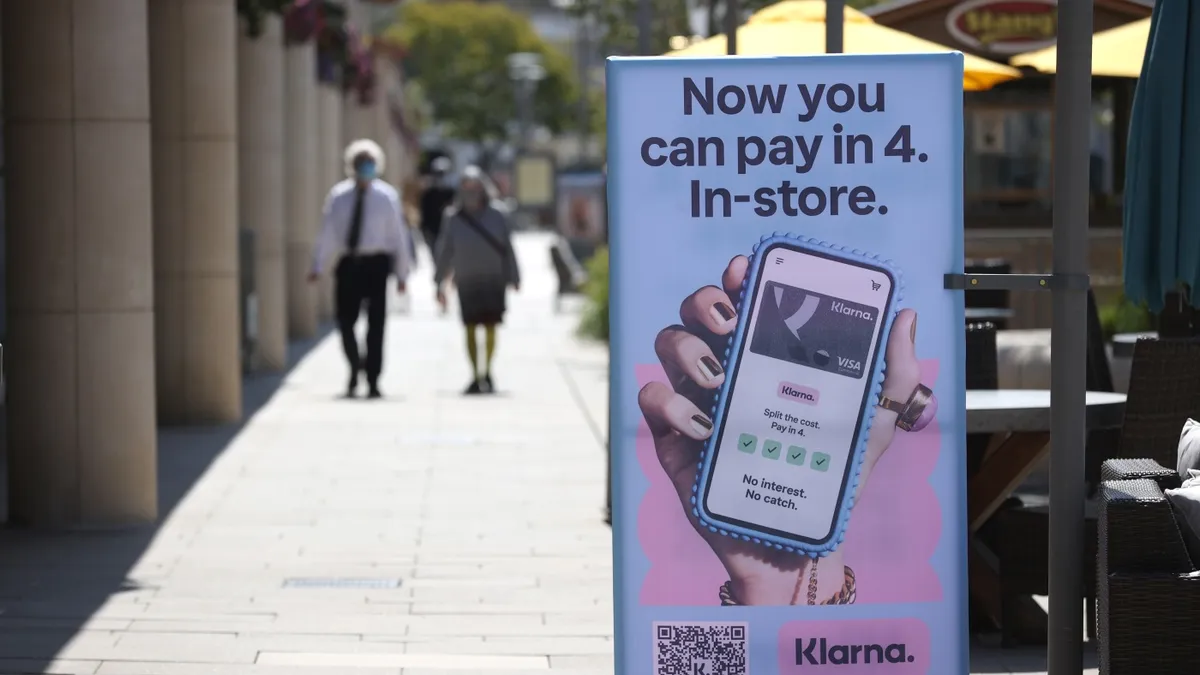
The credit scoring company FICO has announced a significant update: it will begin integrating data from buy now, pay later (BNPL) loans into certain credit scores. This innovative financing option allows consumers, particularly those shopping online, to divide large purchases into manageable installments. As BNPL becomes increasingly prevalent, understanding its implications on your credit score is crucial.
The buy now, pay later option has surged in popularity among online shoppers. At checkout, many consumers now encounter services like Affirm or Klarna, which enable them to split their payment into four equal installments, often with no interest if payments are made on time. Alternatively, borrowers can choose to extend their payment plan over a longer period, typically with interest. Moreover, these services have expanded beyond online shopping, allowing users to pay in physical stores as well.
According to a 2024 report by the Federal Reserve, approximately 15% of American adults utilized BNPL services in the previous year, reflecting a significant shift in consumer payment preferences.
A FICO score plays a vital role in determining an individual's creditworthiness, influencing whether lenders will extend loans or credit cards and at what interest rates. Currently, traditional FICO scores do not account for BNPL loans, but this will change in the fall when two of FICO's scoring products begin to include this data.
Julie May, FICO's vice president and general manager of business-to-business scores, emphasized the importance of this change, stating that as BNPL loans become a substantial part of personal finance management, FICO aims to accurately reflect this trend.
The adoption of buy now, pay later services spans various demographics, particularly among low- and middle-income individuals, Black and Hispanic communities, women, millennials, and members of Gen Z. Many users appreciate the convenience of BNPL, as it allows them to stagger payments and avoid high-interest credit card debt. For some consumers, BNPL is the only feasible way to afford certain purchases, with the average loan amount being around $142 as of 2022.
FICO's initiative to include BNPL data aims to eliminate a significant information gap for lenders. Adam Rust, director of financial services at the Consumer Federation of America, highlighted that without this data, lenders had limited visibility into a borrower's financial obligations. This gap could lead to lenders offering more credit than consumers can realistically afford to repay.
As BNPL data starts being shared, such as Affirm's recent collaboration with Experian, the overall impact on credit scores will hinge on consumers' payment behaviors. Timely payments can enhance a credit score, while missed payments could detract from it. A year-long study by FICO revealed that incorporating BNPL data had a minimal effect—within 10 points—on over 85% of consumers studied.
For individuals using BNPL loans as their initial step into credit, this data inclusion may prove beneficial. It will enable the creation of a FICO score for these consumers. However, Rust cautions that sporadic use of BNPL services may not result in significant credit score improvements. He notes that individuals hoping for a dramatic boost from a single BNPL loan may be disappointed, as the overall impact will depend on consistent usage and payment history.
While buy now, pay later loans resemble credit card usage, they do not offer the same consumer protections. For example, issues may arise when consumers cancel an order yet are still obligated to make payments to the BNPL provider. Such scenarios are often addressed under credit card regulations, which tend to provide stronger protections for consumers.
In response to these concerns, the Consumer Financial Protection Bureau (CFPB) has introduced regulations that equate BNPL lenders with credit card providers, thus enhancing consumer rights, including the ability to dispute charges.
The integration of buy now, pay later data into FICO scores marks a pivotal shift in how consumer credit is evaluated. As this financing option continues to gain traction, it will be important for consumers to understand both the opportunities and risks associated with it. Maintaining timely payments and being aware of the differences in protections compared to traditional credit options will be crucial as BNPL loans become a more integral part of personal finance.